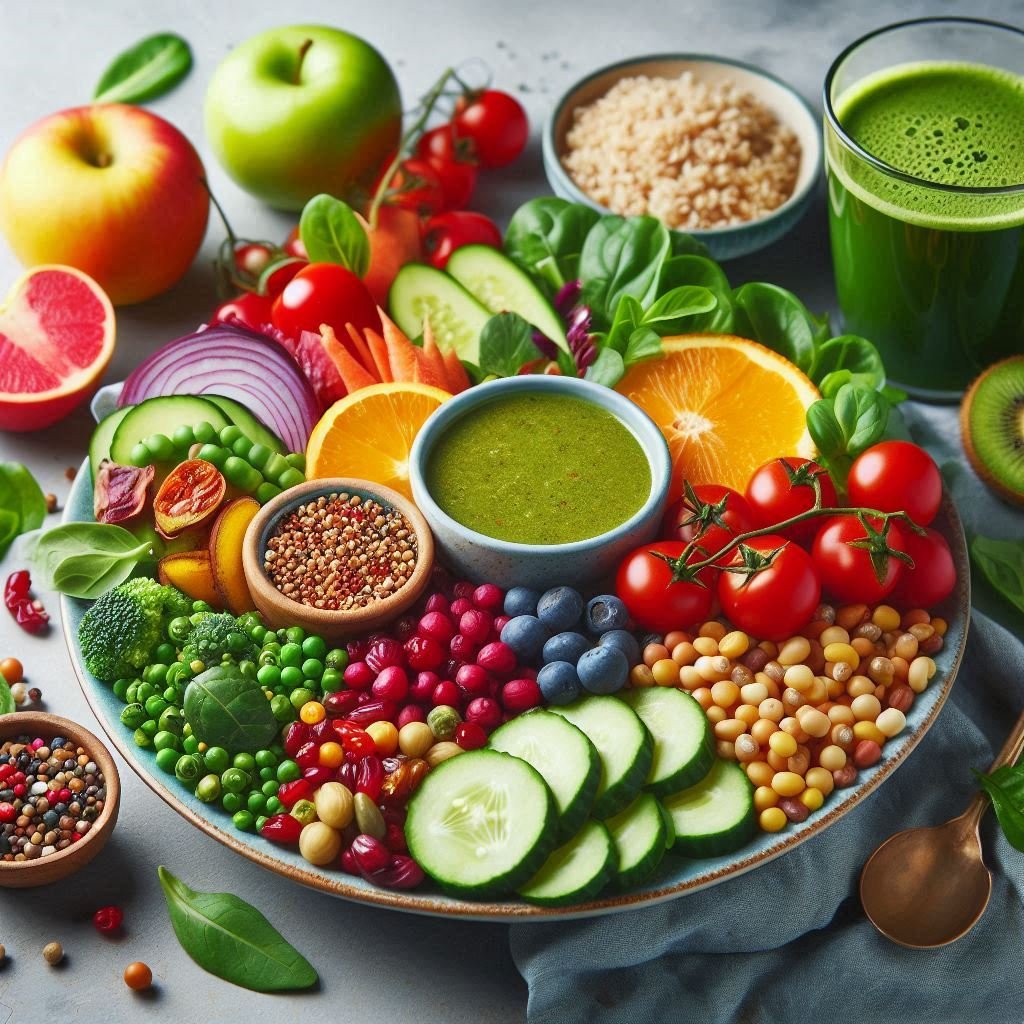People believe that only meat can fulfill their daily protein requirements. This is totally not true. There are many healthy plant-based options that could fulfill the daily protein requirements. Protein is an essential macronutrient, crucial for maintaining and repairing tissues, supporting immune function, and producing enzymes and hormones. And for those people that follow a plant-based diet, it’s really very important to ensure they’re getting enough protein from a variety of plant-based sources. But thankfully, the mother nature has provided plant-based protein options. The following are six of the best sources to include in your diet.
1. Lentils
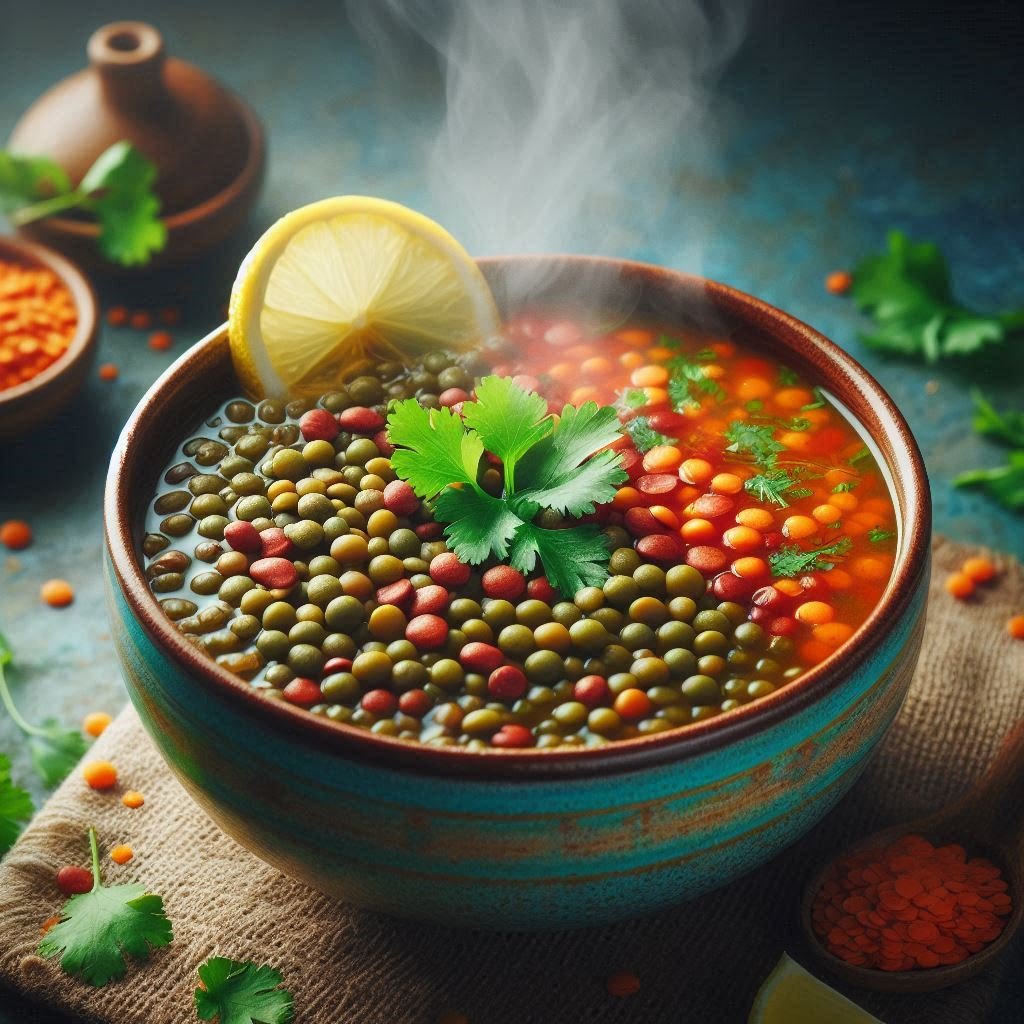
Lentils are packed with goodies like protein, fiber, and essential minerals like iron and folate. This helps maintaining the overall protein requirement of the body. A cooked cup of lentils provides about 18 grams of protein, making them an exquisite substitute for meat and fish. And they are so versatile, that they go along everything whether it’s soups, stews, salads, and even a base for a veggie burgers.
Nutritional Bonus: Lentils support the gut health by nourishing beneficial bacteria in the digestive tract as they are very rich in prebiotic fiber.
2. Chickpeas
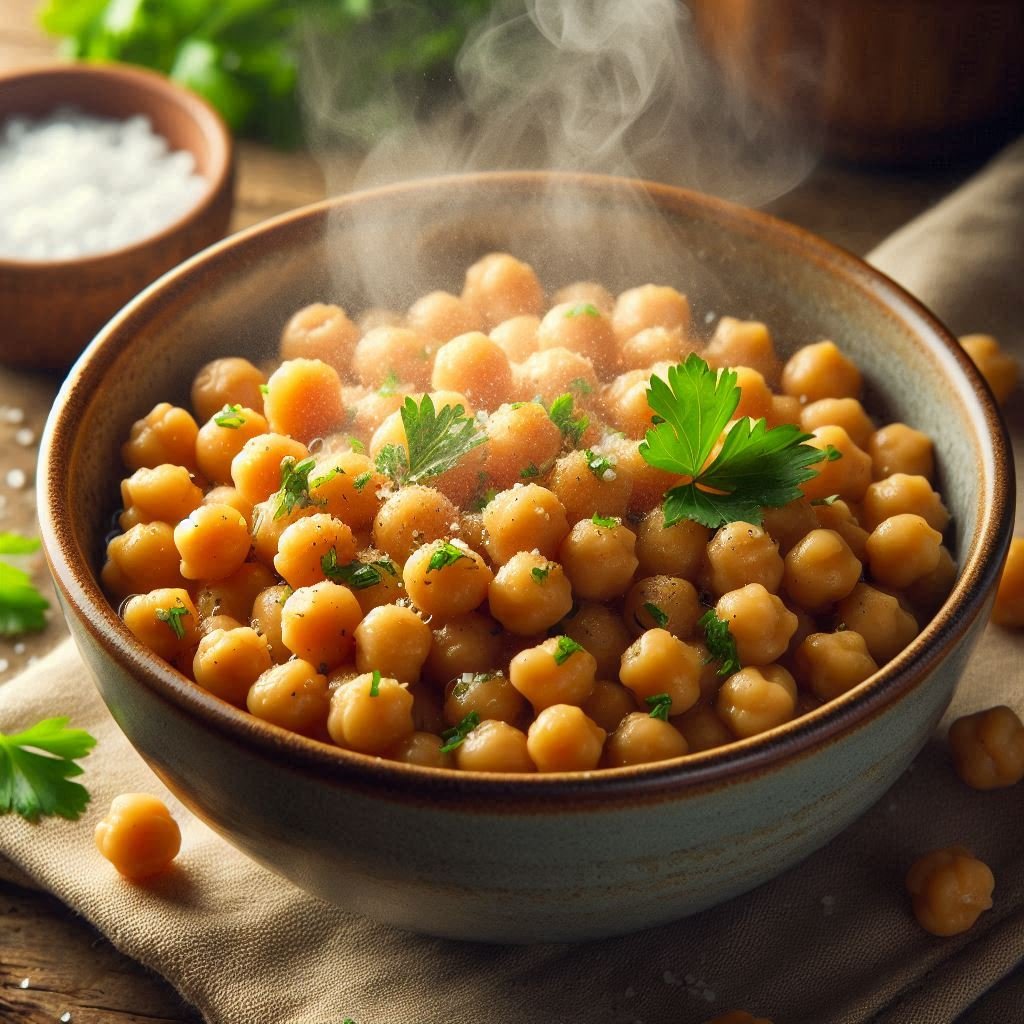
Chickpeas are yet another excellent choice for protein, which provides around 15 grams per cooked cup of chickpea. They can be enjoyed in several ways. Starting from a simple hummus to salads and curries. Chickpeas also are a fantastic source of healthy fibers, that supports a healthy gut and a good digestion, and they provide a perfect dose of iron, making them a great addition to a plant-based diet.
Nutritional Bonus: Chickpeas tend to have a very low GI which helps to regulate blood sugar levels making it one of the healthiest plant-based choices.
3. Quinoa
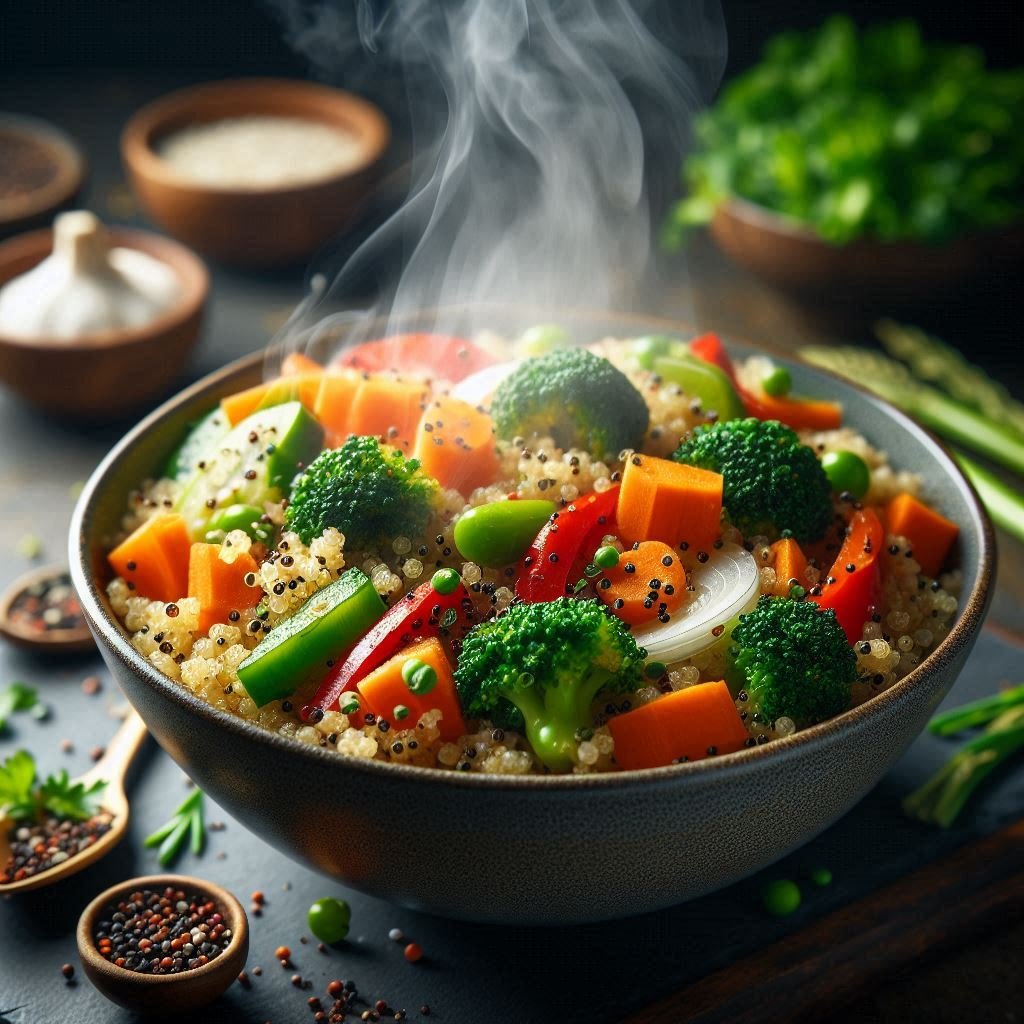
Quinoa is a highly distinguished choice of a very high protein content source. It consists of all the 9 amino acids that a human body can’t produce. One cup of cooked quinoa consists around 8 grams of protein, a variety of vitamins along with fiber and magnesium. Also, it is gluten free making it one of the healthiest choices for people with celiac allergy.
Nutritional Bonus: Quinoa contributes to a body deal with inflammation as it is rich in antioxidants.
4. Tofu and Tempeh

It’s known that Soyabeans contain a great amount of protein. Tofu and Tempeh are made from this soyabean. They are two of the most protein-rich plant-based foods. Only a half a cup of tofu consists of around 10 grams of protein while for the same amount of Tempeh, it consist about 15 grams of protein. Tempeh is slightly less processed and has a more firmer kind of texture as compared to tofu, making it a favorite for hearty meals.
Nutritional Bonus: Both tofu and tempeh are excellent sources contain phytoestrogens that supports hormonal balance. They are also rich in calcium and iron which is good for bones and blood production in the body.
5. Edamame
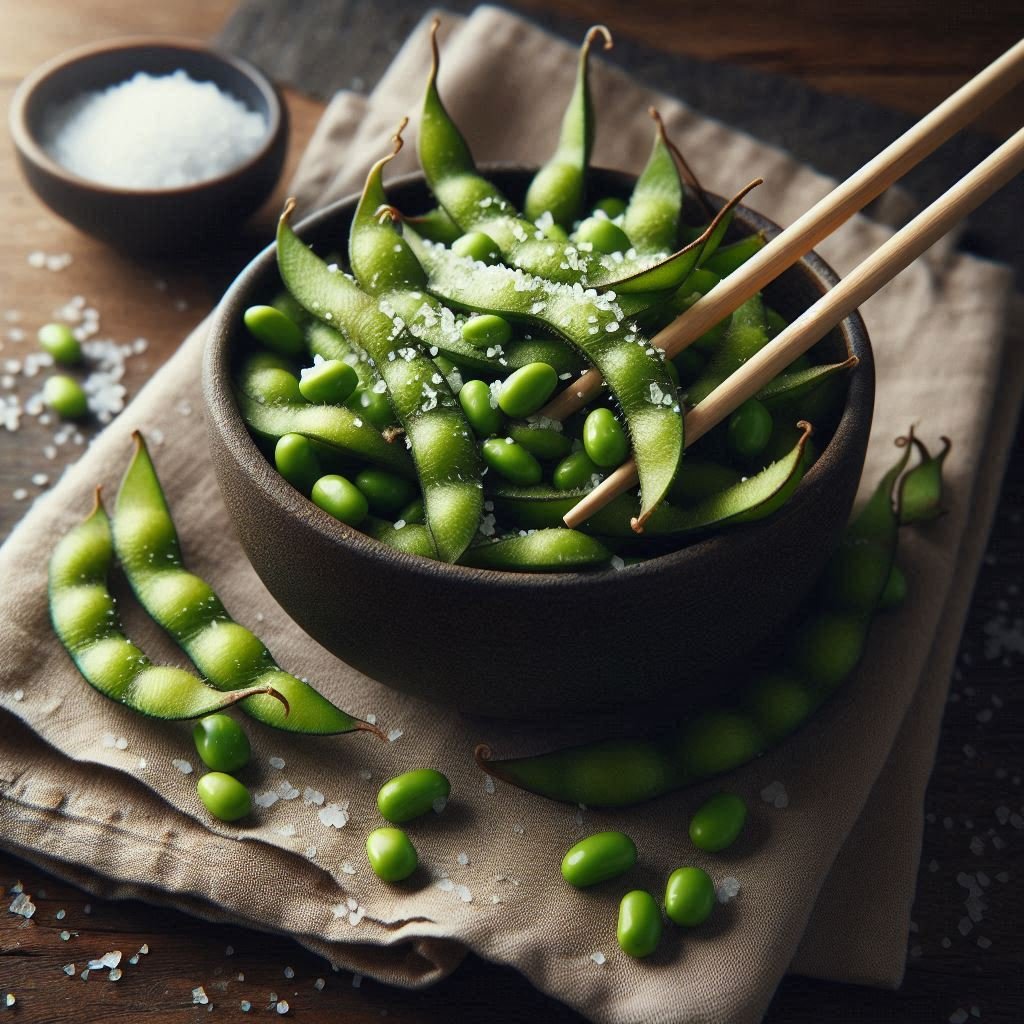
Just like Tofu and Tempeh, Edamame are young, green soybeans, often steamed and served in the pod and they are super rich in protein. A cup of edamame consists around 17 grams of protein, along with minerals like folate and magnesium, vitamins, and fiber. Edamame are enjoyed as a side dish, an addition to salads and stir-fries. They make great as a healthy snack option.
Nutritional Bonus: Edamame promotes heart health. It is also rich in a compound called isoflavones, that may have anti-cancer properties.
6. Chia Seeds
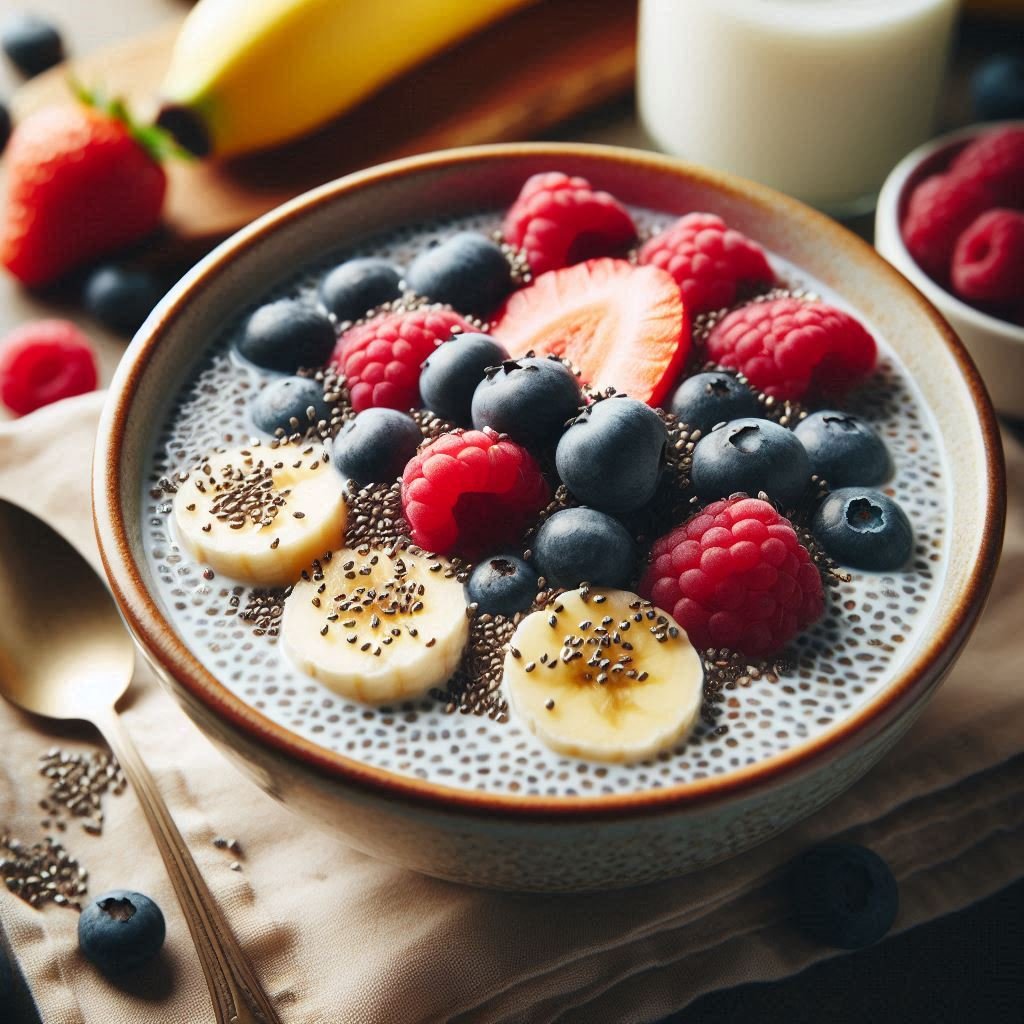
Per ounce of Chia seeds consists of 4.7 grams of protein even though they appear so small. They’re also rich in fiber, minerals like phosphorus, and omega-3 fatty acids. Chia seeds absorb liquid and form a gel which helps keeping you full making it a great choice for weight management and a great addition to puddings, smoothies, and baked goods
Nutritional Bonus: Chia seeds are best choices for a post partum recovery due to their high water absorption capability. they absorb 12 times their actual weight making it one of the best choices for hydration.
Conclusion
Incorporating these plant-based protein sources into your diet can help you meet your daily protein needs while also providing a host of other nutritional benefits. Whether you’re looking to build muscle, improve your gut health, or simply eat more mindfully, these foods can play an essential role in a healthy, balanced plant-based diet.
By diversifying your sources of protein, you’ll also ensure that you get a wide range of vitamins, minerals, and other nutrients that support overall well-being. So go ahead and explore the versatility of these plant-based powerhouses in your meals!
Click to learn about the exercises for Effective Weight Loss.





